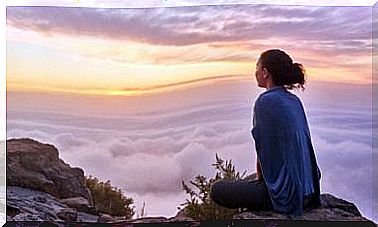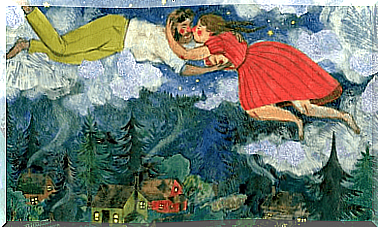Preppers, People Prepared For Any Kind Of Catastrophe
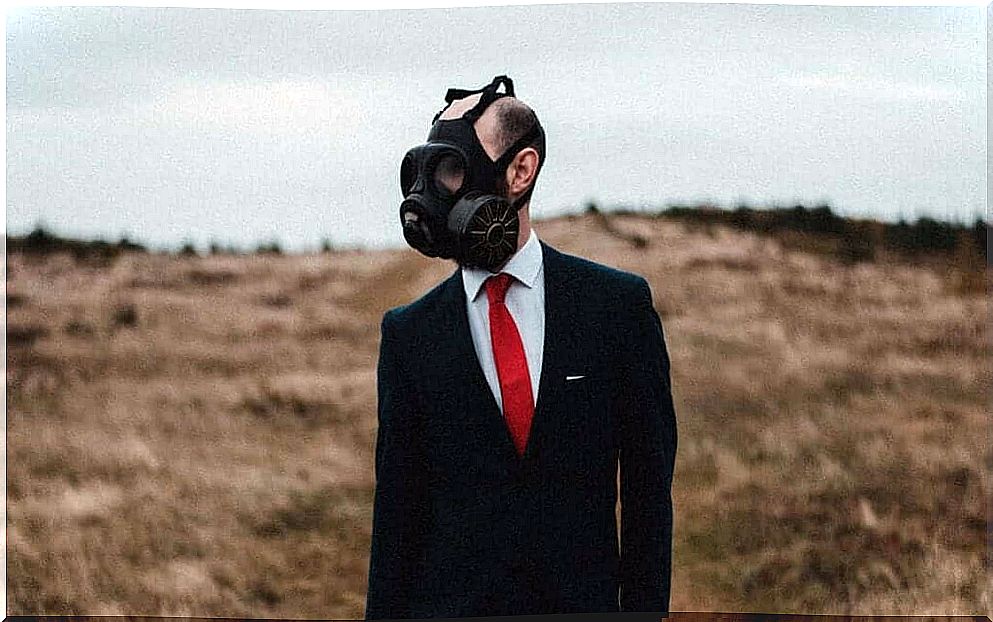
What would you do if your city started a movement of violent social upheavals? Would you know how to act in a nuclear disaster? How would you react if a solar storm came and the entire electrical system collapsed (including the technology)? These issues, which would catch many of us completely unprepared, are not a problem for a specific group in our society: the preppers .
Many may not be aware of the large number of publications that exist on how to survive the most diverse of disasters. On Amazon, for example, we can find up to 300 books on the most incredible disasters and how to deal with them. Food, bunker construction, psychological preparation… These topics are on the rise, but in fact they have been of great interest for years.
For example, the National Geographic made a successful documentary in 2012 about the preppers (individuals or groups of people who are preparing daily for the arrival of a disaster). Since then, it has become evident that the fear of the arrival of a great disaster is a constant in human beings, with the only peculiarity that there are many who make this reality their way of life.
The arrival of the current pandemic has caused many more people to become preppers overnight. Behind this, there is a whole culture and a social movement worthy of analysis…
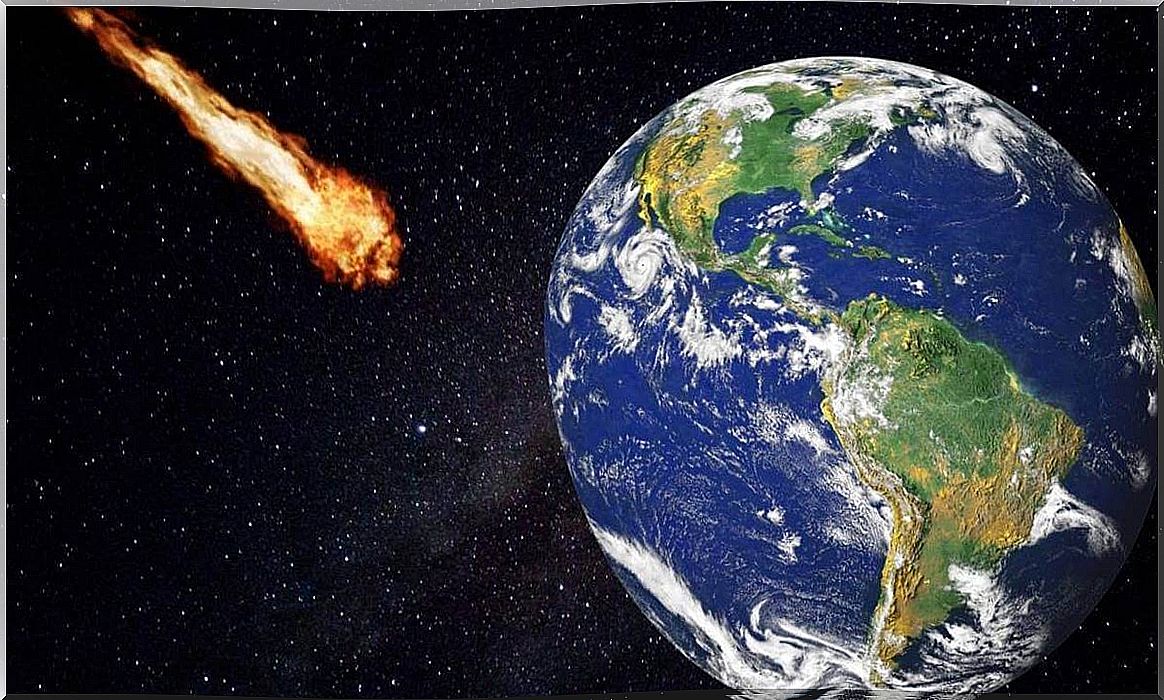
And you… are you prepared for what might happen?
The prepper phenomenon is not new. Consider, for example, the anguish that was experienced worldwide between 1947 and 1991 with the Cold War. The end of the fear of a possible nuclear disaster would give way in the new millennium to other kinds of concerns. We could say that this transition from the beginning of the Cold War to the era of modernity came with the year 2000 or Y2K effect. It was at this moment that another much more sophisticated collective began to emerge.
The preppers took two decades to grow in number and use new technologies, forums and Internet groups to exchange information. During that time, several events took place, which made the list of people prepared for any catastrophe keep growing. Natural disasters, terrorist attacks, fear of climate change and, without a doubt, the most shocking of all: the current pandemic.
Living oriented to the idea that many other disasters can happen can make us think that this mode of existence is subject to constant anguish. Not quite. In fact, just knowing how to act in the most adverse situations gives them peace of mind and a sense of security.
What are the preppers like?
The preppers lead (apparently) a normal life. They study, work, have a family, hobbies… However, many of them have in common the fact that they have gone through some more or less complex experience that made them reflect.
Having suffered a natural disaster or an electrical blackout that lasted for hours or days makes them wonder how they could be better prepared if it happened again.
That’s when they go online and discover the term preppers and everything behind it. It’s like diving into a new religion, a master’s degree in survival, a new way of seeing and understanding the world. Let’s analyze.
Preppers , rational people far from conspiracy theories
It is quite possible that by observing these people oriented to prepare for a catastrophe, we can instantly profile the classic solitary conspiracy-lover. But it’s the opposite:
- The preppers are men and women between 25 and 45 years who like culture, social events, and live in urban areas.
- They don’t believe in conspiracy theories.
- In prepper groups and forums , it is forbidden to talk about politics.
- They are aware of the deficiencies of our system to prepare for any catastrophe, whether sanitary, environmental or of any other type.
Bradley Garrett, social geographer at University College Dublin and author of Bunker: Building for the End Times estimated that there are about 20 million preppers in the whole world. And the number keeps growing.
Desire for security in an era marked by uncertainty
This group is very aware of one fact: no one knows 100% how to act in the face of a particular catastrophe. Obviously, we don’t know what kind of events climate change can bring. Nor do we know if the future will bring us another type of virus or if, in fact, the disappearance of bees will lead, as many say, to a disaster of epic proportions.
However, the preppers seek to prepare the most varied forms for any event to reduce uncertainty. It’s true that we don’t know what might happen, but developing basic action strategies can be of great help.
For example, this group in our society already had adequate masks to protect themselves against a viral agent in case of a pandemic.
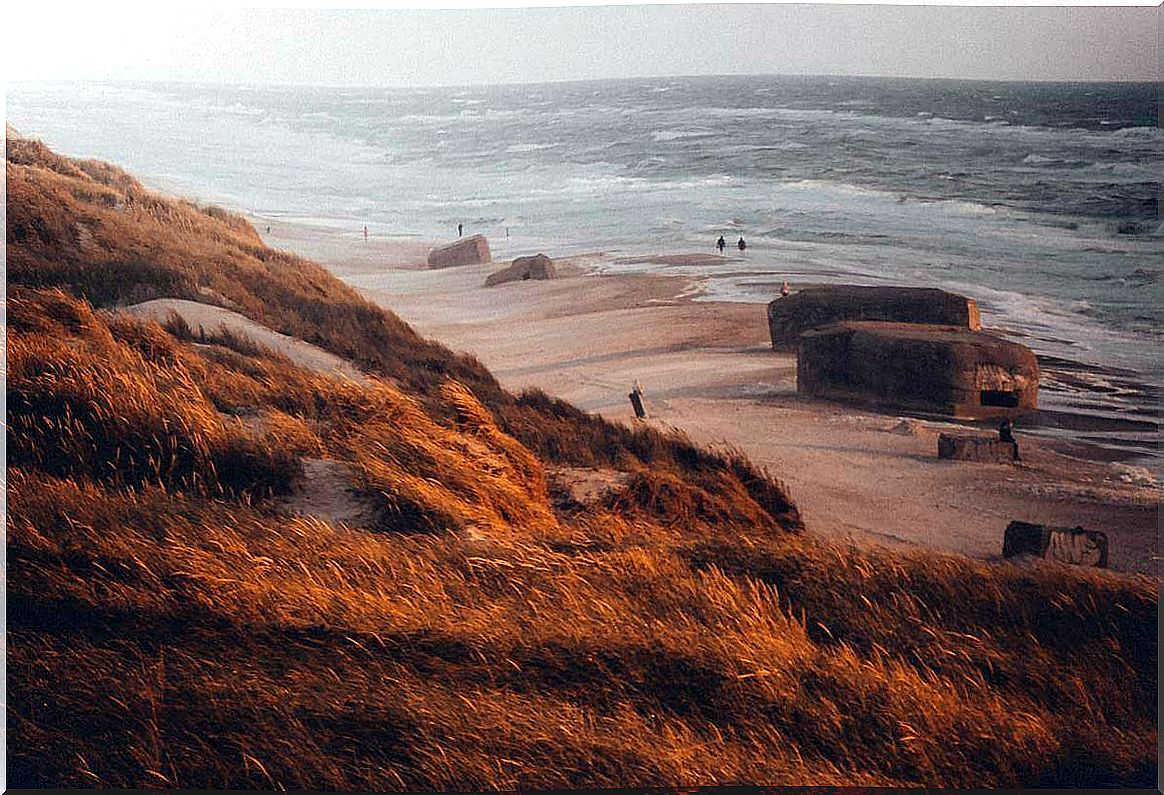
How do preppers prepare?
Some, in fact, have a bunker. However, most of them, as we have already indicated, live in urban areas, and it is not easy to build a construction of this proportion. They prepare as follows:
- They report their preparation on the forums with the following label: ready for 4-6 weeks. This designation indicates the amount of food stored and its duration.
- They know what foods to choose to meet all their basic nutritional needs.
- Many grow their own vegetables.
- They exchange information constantly.
- Most of the preppers are educated people : medicine, engineering, physics…
- They prepare psychologically for adversity.
- They learn new skills: water purification techniques, preparation of electrical devices without access to the electricity grid, basic medical care, etc.
In conclusion, although this topic may seem very surprising, there is an obvious fact. Disasters are part of our closest reality. Being prepared isn’t diving into alarmism, it’s normal. The problem, of course, is turning that concern into a way of life.





